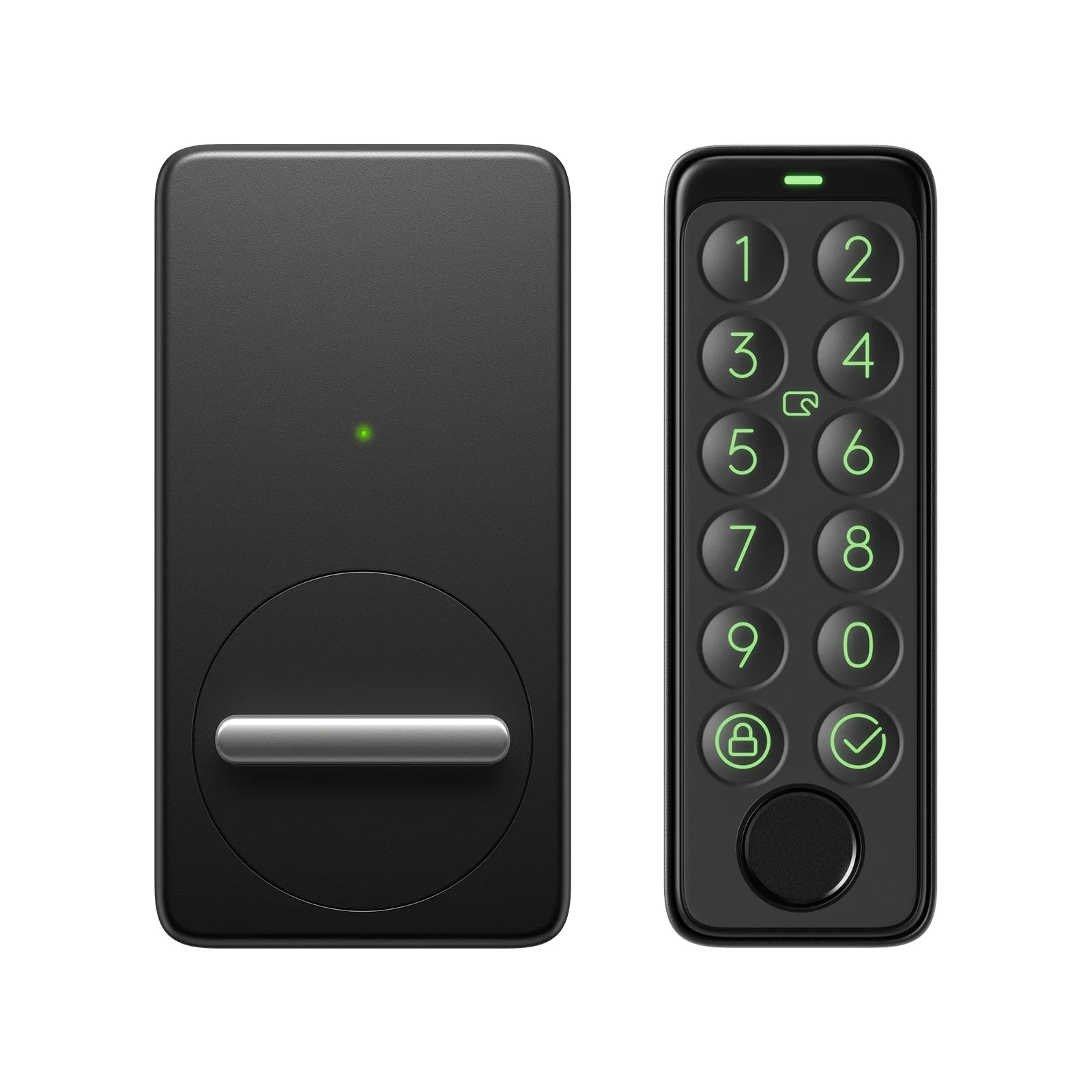In today's rapidly evolving technological landscape, the future of home security is being shaped by the emergence of smart locks. These innovative devices are revolutionizing the industry, offering homeowners a new level of convenience, control, and peace of mind. In this article, we will explore the impact of smart locks on home security and delve into the exciting possibilities they present for the future.

Enhanced Security Features
One of the most significant ways in which smart locks are revolutionizing the industry is through their enhanced security features. Traditional locks are susceptible to picking, bumping, and other forms of forced entry. In contrast, smart locks utilize advanced encryption and authentication protocols to provide a higher level of protection. Some smart locks also offer features such as tamper detection and automatic locking, further bolstering home security.
Moreover, smart locks can be integrated with other smart home devices, such as security cameras and motion sensors, creating a comprehensive security ecosystem. This interconnected approach to home security ensures that homeowners have real-time visibility and control over their property, even when they are away.
Convenience and Accessibility
Another key aspect of the future of home security is the convenience and accessibility offered by smart locks. With traditional locks, homeowners often face the inconvenience of carrying and managing multiple keys. Smart locks eliminate this hassle by allowing keyless entry through methods such as PIN codes, biometric authentication, and smartphone apps.
Furthermore, smart locks enable remote access, enabling homeowners to lock and unlock their doors from anywhere using their smartphone or other connected devices. This level of accessibility not only enhances convenience but also provides added flexibility and control over home security.
Integration with Smart Home Systems
Smart locks are at the forefront of the integration with smart home systems, paving the way for a seamless and interconnected living experience. By integrating with platforms such as Amazon Alexa, Google Assistant, and Apple HomeKit, smart locks can be incorporated into broader home automation routines and voice-controlled commands.
For example, homeowners can create custom routines that automatically lock the doors, adjust the thermostat, and turn off the lights when they leave the house. This level of integration not only enhances convenience but also contributes to a more efficient and energy-conscious home environment.
Adoption and Market Growth
The adoption of smart locks is steadily increasing, reflecting the growing demand for advanced home security solutions. As more homeowners recognize the benefits of smart locks, the market for these devices is experiencing significant growth. This trend is further fueled by the continuous innovation and development of new features and functionalities in smart lock technology.
Furthermore, the emergence of smart home ecosystems and the increasing interconnectedness of devices are driving the demand for smart locks as an integral component of comprehensive home security solutions. As a result, the future of home security is increasingly intertwined with the proliferation of smart locks and their integration into the broader smart home landscape.
In conclusion, the future of home security is being reshaped by the rapid evolution of smart locks. These innovative devices are not only enhancing security features but also offering unparalleled convenience, accessibility, and integration with smart home systems. As the market for smart locks continues to expand, homeowners can look forward to a future where their homes are not only more secure but also more connected and intelligent than ever before.














